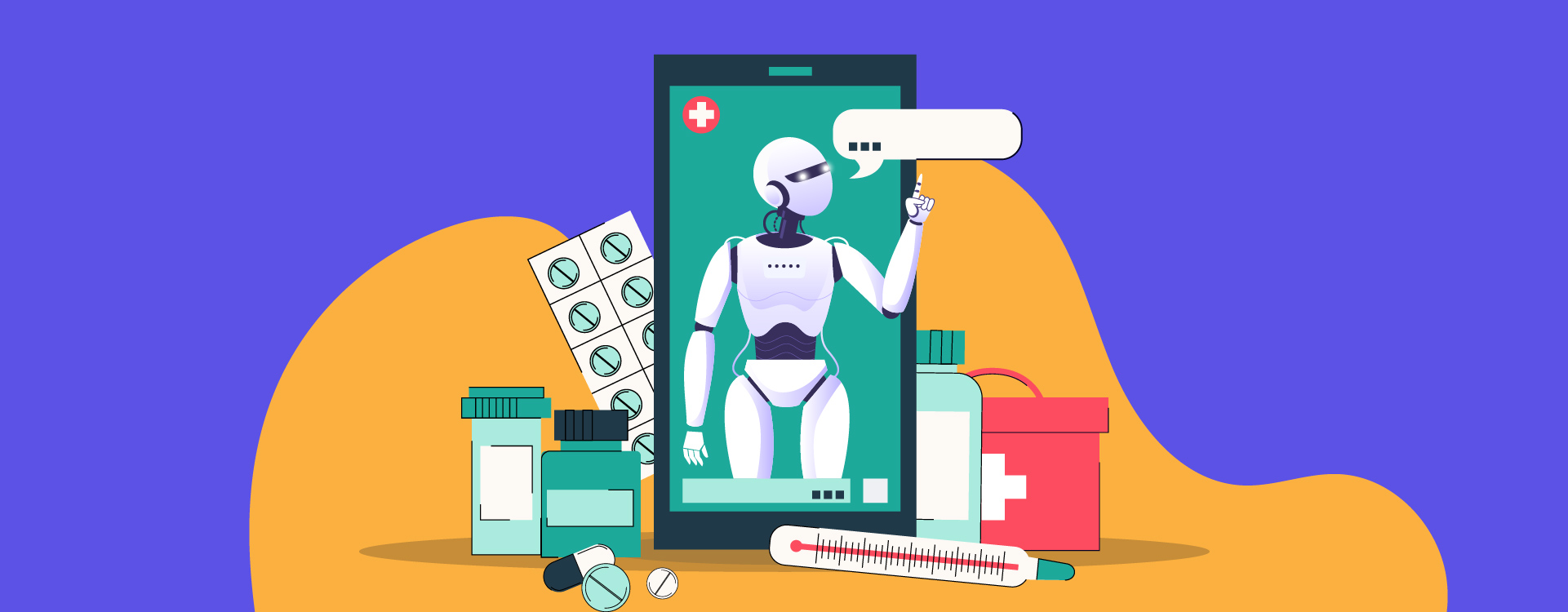India’s health infrastructure began crumbling under the daily increasing cases of coronavirus. However, the daily increasing cases against a recovery rate of 97.52 percent, which is the highest in the world highlights a different picture. The problem is not the virus contraction, but the inadequate healthcare infrastructure such as beds, oxygen, ventilator, the poor ratio of doctors and nurses per patient.
Most towns and cities are burdened and under-resourced to do swab tests for a daily surge in cases, resulting in long waiting queues for sample collection and test results. This eventually delayed the covid treatment until it reached the peak of infection, and meanwhile, their infection might have spread to others if asymptomatic or mildly symptomatic.
In many cases, the patient with mild symptoms of the virus panicked and admitted themselves to hospitals that could have been conveniently cured at home itself with proper medication. The third wave of the pandemic created absolute chaos where the person in the critical state could not avail a bed in the hospital.
Remote healthcare in India, which remained nascent, soon gained ground in the pandemic, as doctors and patients found it convenient to keep clinic visits to a minimum. Technologies such as AI were infused in home healthtech startups that improved the speed and accuracy of diagnostics. Imaging technologies have reduced the time of diagnosis from days to seconds as cutting-edge technologies interpret, imagine, and produce instant results.
According to a joint report from EY-IPA, India’s domestic telemedicine market is estimated to reach $5.5 billion in 2020-2025 and will be growing at a compound annual growth rate (CAGR) of 31 percent.
How AI in home healthtech startups is speeding up diagnosis?
Home healthtech startups provide cost-effective medical assistance at home that comprises services such as at-home nursing, health screening, monitoring, telemedicine, and telehealth.
Home healthtech startups effectively leverage AI for detecting symptoms. The AI checker uses natural language processing (NLP) that analyses a patient’s free-text symptom description. After gathering information on a patient’s illness history, the machine learning algorithms assess the symptom inputs to produce care recommendations concerning the severity of a disease. For instance, an AI symptom checker can recommend self-care for mild symptoms of a disease and will advise emergency care if history shows recently being attacked with strokes, increase in high blood pressure, or heart attack.
‘‘
As per a McKinsey report, Indians can save around $10 million by 2025 by using telemedicine instead of visiting doctors physically.
The reception of AI-based symptom checkers in home healthcare startups
In 2020, several Indians turned to online platforms to consult with doctors and get diagnostic tests done. The reception of home healthtech looks promising as according to a recent health tech report by IAMAI-Praxis, there was a 300 percent increase in teleconsultations.
Moreover, another evidence of embracing healthtech solutions widely can be understood from Eka Care raising seed funding of $4.5 million by the angel and early-stage investors. The app offers AI-based symptom-checkers to enable patients to document symptoms and understand medical conditions. Symptom checkers help in the early detection of diseases, eliminates the need for unnecessary repeat tests, and saves treatment costs for patients.
Similarly, Healthtech startup Mfine uses an AI-based self-check feature for specific diseases, that helps an individual to make more informed decisions. The same platform also prepares a consolidated summary of investigation details, pointers on the diagnosis, and possible treatment suggestions to the doctors.
What lies ahead for the home healthcare startups in India?
As per a McKinsey report, Indians can save around $10 million by 2025 by using telemedicine instead of visiting doctors physically. Using AI, these healthcare platforms can analyse patient data in real-time to improve the precision of treatment. Another business opportunity lies in sharing symptoms data with various pharma and drug companies. The vast data collected by home healthtech startups can prove to be an asset for them, since they require such information to build progression models for the discovery of drugs and vaccines, at the same time both parties should ensure privacy and cybersecurity of data.
The potential also lies in rural healthcare, which is devoid of basic healthcare facilities. In the future, home healthcare startups, in collaboration with the government, can provide health care services in remote and inaccessible areas through telemedicine.




